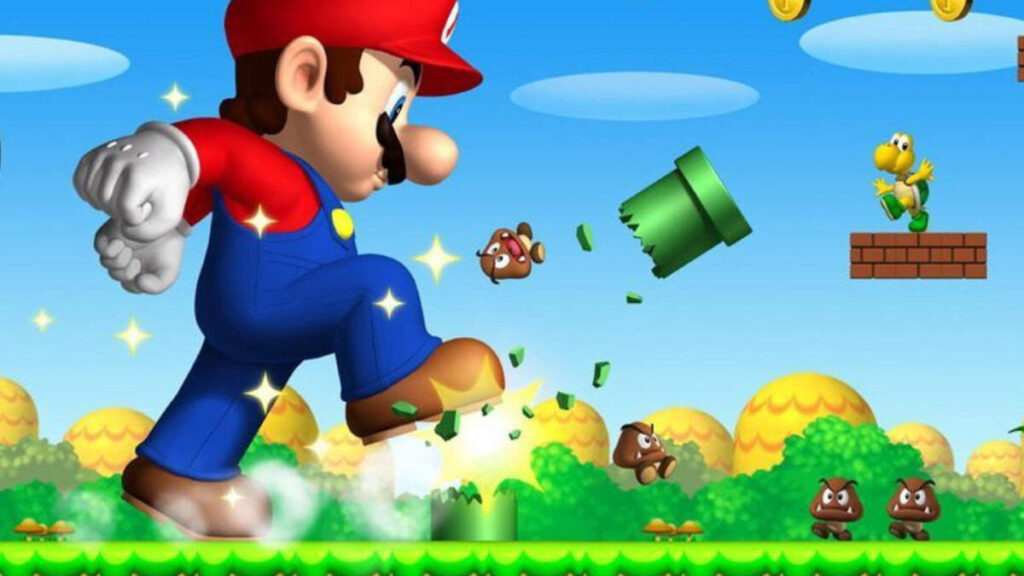In a surprising yet quintessentially Nintendo move, the venerable gaming giant has declared its intention to steer clear of generative AI technologies for the foreseeable future. The announcement, made public during a recent investor call, came directly from Nintendo president Shuntaro Furukawa. This stance starkly contrasts with the broader tech and gaming industries, where the rush to adopt generative AI has reached an almost feverish pitch.
On the investor call, Furukawa addressed concerns head-on, explaining the company’s perspective on AI and its applicability to gaming. The president pointed out that AI has been a fixture in the gaming industry for years—think of NPCs and enemy characters driven by rudimentary AI—but he raised significant apprehensions about the newer, more complex forms of generative AI. He cited potential issues with intellectual property rights and expressed skepticism about the value these technologies could add to Nintendo’s long-standing, meticulously crafted gaming experiences.
Despite being bombarded with questions that could have propelled his responses into the realm of tech buzzwords, Furukawa remained resolute. He emphasized Nintendo’s rich history of innovation and its skill in creating unique gaming experiences that cannot be easily replicated by technology alone. The company’s cautious yet firm stance is a breath of fresh air amid an industry seemingly hypnotized by the limitless possibilities AI promises.
This reticence sharply contrasts with the actions of other tech behemoths. Google, for instance, has already integrated AI into its search algorithm, although not always to the benefit of the end-user experience. Meanwhile, Microsoft has made moves to incorporate AI into its gaming platforms, even as it faced backlash over privacy concerns related to its recent AI initiatives. Nvidia, the world’s most valuable company by some metrics, owes much of its recent success to its role in powering high-profile AI models with its state-of-the-art GPUs.
In such an AI-saturated climate, Furukawa’s clear and unambiguous “no, thank you” to generative AI sets Nintendo apart as a conscientious objector. It’s a stance reminiscent of classic Nintendo—an approach where the company’s actions are not driven by hype but by a consistent, methodical vision. Over the years, Nintendo has often zigged while others zagged: it championed handheld gaming with the Game Boy and reinvented the space with the Switch; it spat in the face of convention with the Wii, inspiring an era of motion control gameplay.
TweakTown rightly points out that Nintendo’s stringent protection of its intellectual property might also play a part in its AI skepticism. Historically, Nintendo has been quick to crack down on mods, fan art, and emulators, often to the chagrin of its dedicated fan base. Yet, in the context of AI, this protective stance seems almost prescient. With generative AI models frequently criticized for their cavalier use of existing data, Nintendo’s rigorous control offers a measured, farsighted approach.
This forward-thinking decision also echoes Nintendo’s legacy of setting trends rather than following them. The company has a history of leveraging older hardware in innovative ways to create experiences that stand the test of time, rather than chasing the latest technological fad. Moreover, steering clear of the AI bandwagon aligns well with Nintendo’s philosophy of fostering creativity and uniqueness, values that simple technological advancements cannot replicate.
While some might view Nintendo’s AI aversion as conservative, it’s likely a calculated move aligning with its long-term strategic vision. In an age where technology often overpromises and underdelivers, Nintendo’s decision to prioritize their unique brand of creativity over generative AI feels comforting. As the AI hype train continues to gain speed, Nintendo’s stance serves as a reassuring reminder that not every technological leap is necessary, or even beneficial, for the art of gaming.


